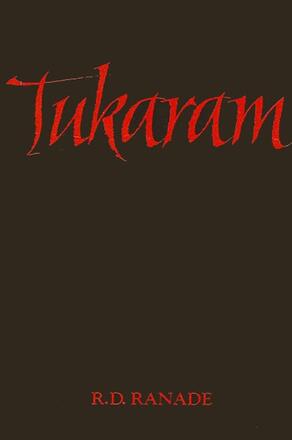
Tukaram
Alternative formats available from:
Description
Three centuries after Jnaneshwar, devotional poetry had another full flowering in Western India. Tukaram Maharaj was a merchant and householder who seemed to fail at everything. Bankruptcy, the death of his first wife during a famine, and castigation by the Brahmin orthodoxy forced him into isolation—and there he poured out his longing and devotion in hundreds of songs. At first regarded as mad, musicians, singers, and ordinary villagers began to gather around him by the hundreds to hear his kirtans, celebrations of the Name of God. Tukaram's songs seem to have possessed some magical ability to exactly capture the devotional, egalitarian feeling of the community of bhaktas. In this brilliant pioneering study of Tukaram by the philosopher and mystic R. D. Ranade, written in the 1930s, Ranade describes what he refers to as the Hegelian dialectic of Tuka's life and poetry: his withdrawal from society, his dark night of the soul, and his emergence from humiliation, confusion and doubt into the state of mystical knowledge and inner joy. While Jnaneshwar always writes from the lofty mountain top of spiritual realization, Tukaram takes us with him on the journey itself, with all its subtle ordeals and breakthroughs. Tukaram is an important poet, one whose stature in Marathi literature is comparable to that of Shakespeare in English. Ranade's study is an indispensable introduction.